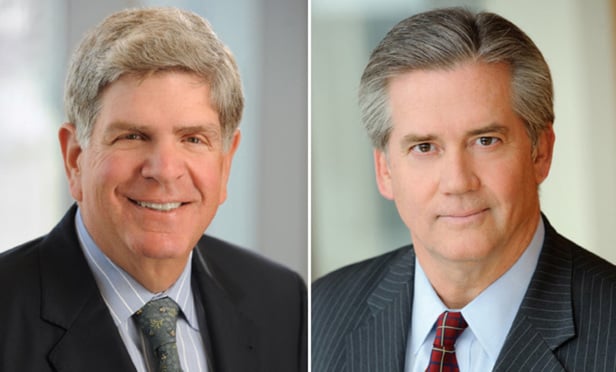Uber, well-known as a disruptive force in the vehicle-for-hire industry, has decided to cause some disruption in the world of antitrust. In September, Uber filed an antitrust lawsuit against the St. Louis Metropolitan Taxicab Commission (MTC), the organization’s commissioners and a number of St. Louis taxi companies. The suit, Wallen v. St. Louis Metropolitan Taxicab Commission, alleges those groups’ regulatory conduct constitutes an illegal combination in violation of Section 1 of the Sherman Act.1 Central to Uber’s claim is the U.S. Supreme Court’s decision in North Carolina State Board of Dental Examiners v. Federal Trade Commission.2 Uber, relying on N.C. Dental, alleges the MTC’s conduct is not immune from antitrust scrutiny because active market participants control the MTC and no government agency or official actively supervises its conduct.
The MTC recently moved to dismiss the lawsuit claiming that active market participants do not control the commission, and therefore state-action immunity applies to the antitrust claims even without active supervision from a government body.3
This content has been archived. It is available through our partners, LexisNexis® and Bloomberg Law.
To view this content, please continue to their sites.
Not a Lexis Subscriber?
Subscribe Now
Not a Bloomberg Law Subscriber?
Subscribe Now
LexisNexis® and Bloomberg Law are third party online distributors of the broad collection of current and archived versions of ALM's legal news publications. LexisNexis® and Bloomberg Law customers are able to access and use ALM's content, including content from the National Law Journal, The American Lawyer, Legaltech News, The New York Law Journal, and Corporate Counsel, as well as other sources of legal information.
For questions call 1-877-256-2472 or contact us at [email protected]



